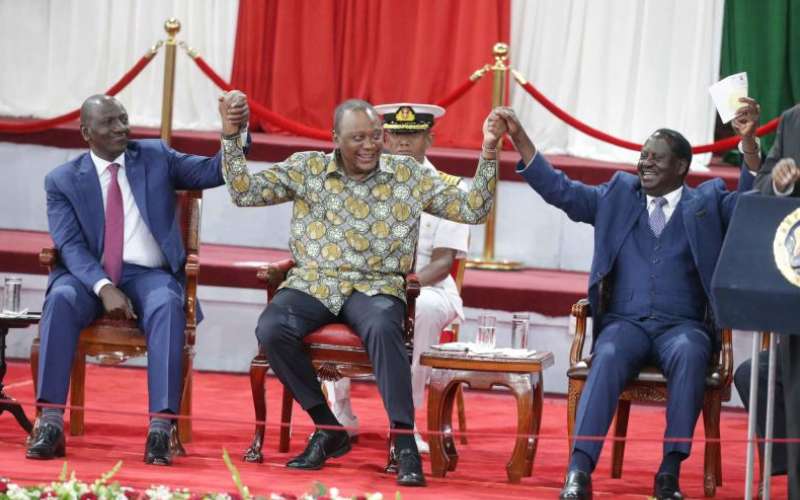×
The Standard e-Paper
Stay Informed, Even Offline

Besides the highly politicised Building Bridges Initiative, the marathon to the 2022 General Election is fast picking momentum. But, pray, what is the campaign agenda?
There is no clear issue-based agenda driving this campaign other than pitting one group against another. We are also witnessing a lot of personality attacks.